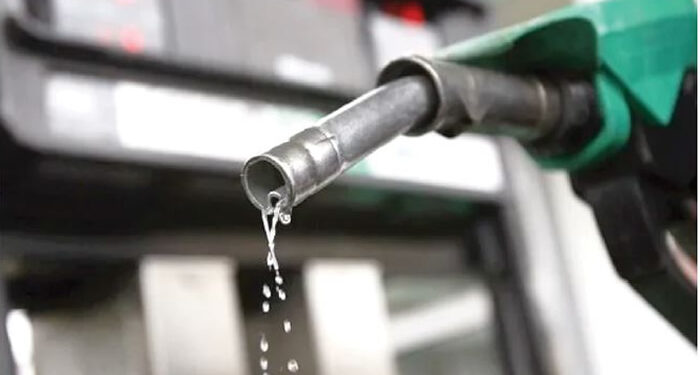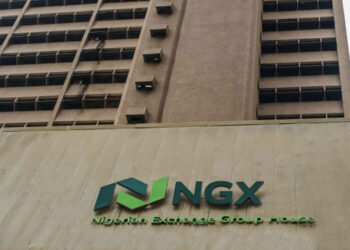A section of oil marketers have refuted claims by reports doing the rounds, that local refining of crude oil could force the pump price of petrol, to drop as low as ₦300 per litre.
Oil marketers under the aegis of the Major Energy Marketers Association of Nigeria (MEMAN), were reacting to a report that the pump price of Premium Motor Spirit, will drop to about ₦300/litre upon the commencement of massive production by the Dangote Petroleum Refinery and other indigenous producers, operators of modular refineries.
However, they pointed out that this would be achieved when the government ensured the provision of adequate crude oil to local refiners, stressing that refineries abroad were ripping off Nigeria.
“A lot of companies today benefit from the importation of petroleum products at the expense of Nigerians,” the Publicity Secretary, the Crude Oil Refinery Owners Association of Nigeria (CORAN), Eche Idoko was quoted to have told the reporter.
He added, “If we begin to produce PMS today in large volumes, provided there is adequate crude oil supply, I can assure you that we should be able to buy PMS at N300/litre as the pump price.
“Why make Nigerians buy it at almost N700/litre when you know that if you allow refineries to work the price will come down? Is it because you want to satisfy the global refiners abroad that are making so much from us?”
However, while speaking with Channels Television on Monday, a former chairman of MEMAN and current Chief Executive Officer of 11 Plc, Tunji Oyebanji, said the price of petrol could not drop as low as ₦700 per litre.
“One barrel of crude has 159 litres. Currently, a barrel is about $80. Multiply that by ₦1,400, and you get 1400 x 80= ₦112,000 for a barrel of crude. Divide ₦112, 000 by 159, and it gives you ₦702 per litre of crude only. No refining, no transportation, no finance cost, and no distribution margins. Just ordinary crude is ₦702,” he said.
Oyebanji’s stance contradicts the CORAN’s executive insistence, that petrol price would crash when presented with wide arguments that it is not possible to have such a drop in price because crude oil, the raw material for PMS, is priced in dollars.
He said, “We were selling diesel for N1,700 to N1,800/litre, but as soon as Dangote refinery started production he brought down the price to N1,200/litre. What other proofs do you need?
“As I speak to you now there is every tendency that before December diesel prices will drop further. The only reason why diesel is not doing below N1,000/litre is because of our exchange rate.
“If the exchange rate drops, diesel will drop below the N1,000/litre price. Now the exchange rate concern is because Dangote imports crude. If he is not importing, the exchange rate may not have so much effect, though he is still buying crude in dollars (in Nigeria) anyway.”
On May 18, 2024, Africa’s richest man, Aliko Dangote, stated that following the laid-down plans of the Dangote refinery, Nigeria would no longer need to import petrol starting June this year.
Dangote had also stated that his refinery could meet West Africa’s petrol and diesel needs, as well as the continent’s aviation fuel demand. He spoke at the Africa CEO Forum Annual Summit in Kigali, expressing optimism about transforming Africa’s energy landscape.
“Right now, Nigeria has no cause to import anything apart from gasoline (petrol) and by sometime in June, within the next four or five weeks, Nigeria shouldn’t import anything like gasoline; not one drop of a litre,” the billionaire had declared.
Also, Dangote had earlier in the year crashed the pump price of diesel to N1,200/litre when the commodity was selling at between N1,700 and N1,800/litre at the time.
He further dropped the price to below N1,000/litre, but could not sustain this price due to the rise in exchange rate. The refinery eventually returned the price to the initial rate of N1,200/litre.








